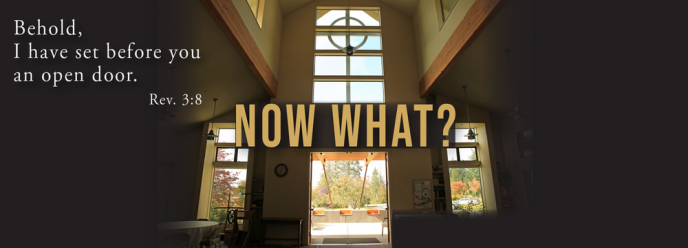With tears he fights and wins the field;
His naked breast stands for a shield;
His battering shot are babish cries,
His arrows looks of weeping eyes,
His martial ensigns cold and need,
And feeble flesh his warrior’s steed.
(from the poem “New Heaven, New War” by Robert Southwell)
About 35 years ago during the season of Advent I happened on a choral piece by Benjamin Britten entitled “Ceremony of Carols.” One movement in this work is called “This Little Babe” and is a setting of a portion of a poem by 16th century English poet Robert Southwell . The poem calls on the angels of heaven to behold a miracle taking place on earth that is virtually invisible to humanity. It beckons them to visit the manger and take note of the strange and glorious truth of God becoming vulnerable, God choosing to pursue us by becoming one of us.
I keep returning to Britten’s anthem and Southwell’s poem each year at this time because they never cease to remind me of the sheer lunacy and perfect logic of what we believe. They reduce me to wonder because they rip away any façade of sentimentality that we lay over the Christmas story as they strive to depict what cannot be contained in word or song: God becoming human. God vulnerably putting himself in our hands. God as infant, reaching up toward us from the manger, asking to be picked up, inviting our embrace. That God would choose to take this form in order to pursue relationship with us, leaves me dumbfounded.
I suppose this is why so many of our Christmas carols invite us to respond to the story with silence. What more is there to be said?
“The word became flesh and dwelt among us, full of grace and truth;
we have beheld his glory, glory as of the only Son from the Father.” John 1:14
-------------------------------------------
Here is the text of Southwell’s poem and also a link to a performance of Britten’s “This Little Babe”:
https://www.youtube.com/watch?v=SVE0WJfwVhAhttps://www.youtube.com/watch?v=SVE0WJfwVhA
New Heaven, New War
Come to your heaven, you heavenly choirs,
Earth hath the heaven of your desires.
Remove your dwelling to your God;
A stall is now his best abode.
Sith men their homage do deny,
Come, angels, all their fault supply.
His chilling cold doth heat require;
Come, seraphins, in lieu of fire.
This little ark no cover hath;
Let cherubs’ wings his body swathe.
Come, Raphael, this babe must eat;
Provide our little Toby meat.
Let Gabriel be now his groom,
That first took up his earthly room.
Let Michael stand in his defense,
Whom love hath linked to feeble sense.
Let graces rock when he doth cry,
And angels sing his lullaby.
The same you saw in heavenly seat
Is he that now sucks Mary’s teat;
Agnize your king a mortal wight,
His borrowed weed lets not your sight.
Come, kiss the manger where he lies,
That is your bliss above the skies.
This little babe, so few days old,
Is come to rifle Satan’s fold;
All hell doth at his presence quake.
Though he himself for cold do shake,
For in this weak unarmèd wise
The gates of hell he will surprise.
With tears he fights and wins the field;
His naked breast stands for a shield;
His battering shot are babish cries,
His arrows looks of weeping eyes,
His martial ensigns cold and need,
And feeble flesh his warrior’s steed.
His camp is pitchèd in a stall,
His bulwark but a broken wall,
The crib his trench, hay stalks his stakes,
Of shepherds he his muster makes;
And thus, as sure his foe to wound,
The angels’ trumps alarum sound.
My soul, with Christ join thou in fight;
Stick to the tents that he hath pight;
Within his crib is surest ward,
This little babe will be thy guard.
If thou wilt foil thy foes with joy,
Then flit not from this heavenly boy.
Dave Rohrer, 11/27/19

